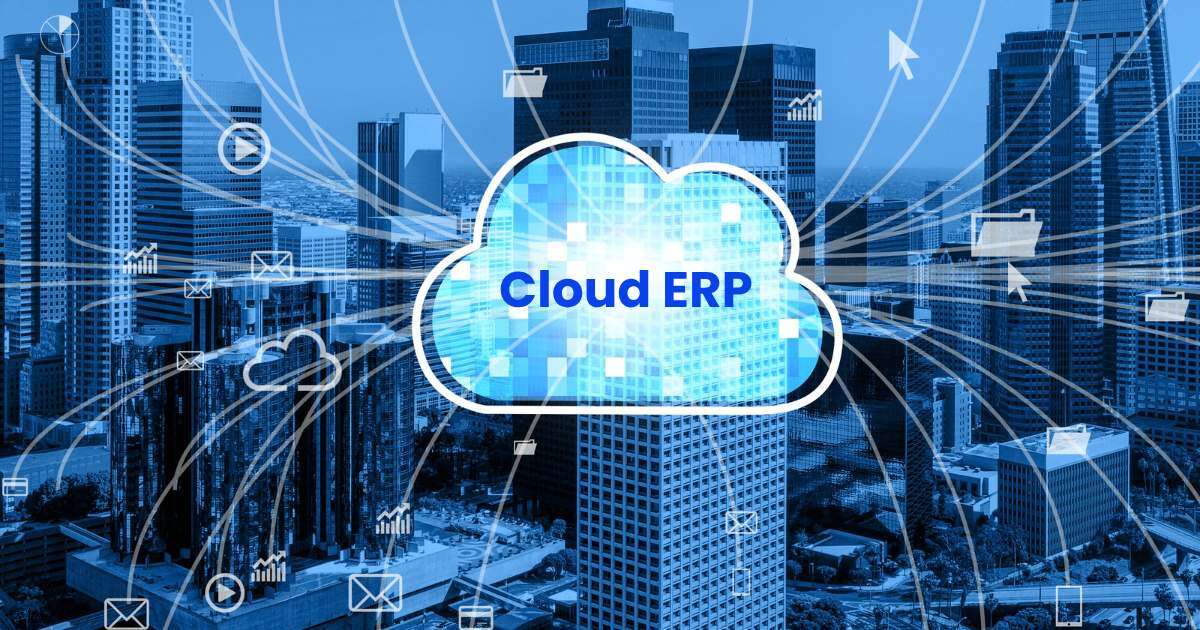How Does Acumatica Cloud ERP Protect Your Data?
Are you thinking "How Does Acumatica Cloud ERP Protect Your Data?". Maybe you are worried about your security. It seems like every week we’re hearing...
2 min read
Single Source Systems, Inc. : Updated on July 18, 2024

Cloud computing is no longer just a technology that may deliver benefits down the road. The solution is already reshaping many facets of the IT industry, especially regarding enterprise resource planning suites. Today, more organizations are planning a cloud-based ERP implementation than previously, making it necessary that adopters weigh the pros and cons of available options.
Enterprise Apps Today recently reported on some of these important considerations to help businesses with their cloud ERP launches.
Christine Hansen, product marketing manager at Epicor, explained that companies should determine the specific resources offered by a cloud ERP service, the functional requirements to adopt the solution, and the necessary IT infrastructure, the news source reported.
"Typically, if a company has basic functional requirements, a fast and reliable Internet service, and is considering outsourcing IT support and infrastructure, cloud ERP can be a good fit," Hansen said, according to Enterprise Apps Today.
Eric Kimberling, an analyst at Panorama Consulting Solutions, asserted that clients must make sure they discuss service-level agreements with potential cloud ERP service providers and determine the average uptime offered by these vendors. Configuration and customization tools are other keys that should be analyzed before adopting any system.
"Some solutions have done a better job than others at making their software more flexible to fit varying needs," Kimberling said, Enterprise Apps Today reported.
Traditional ERP software was a challenge for smaller businesses to adopt in previous years, given the time, money, effort, and knowledge required to maintain successful solutions over the long run. If an ERP system was inadequate, companies likely had to customize the platform or, worse, replace the entire ERP suite to gain critical functionality.
The cloud has changed all of this, primarily in terms of management requirements. Clients are relying on hosted environments to outsource the maintenance of the cloud to third-party vendors, allowing them to focus on more internal tasks such as market expansion. Even if a business needs additional computing power and storage capacity, such functionality can be added without purchasing more physical hardware. In the end, firms only pay for what they consume - ideal for small organizations and startups.
Data accessibility is another key trait of cloud computing, exceeding what is possible with legacy equipment. Cloud environments are available through the Internet, allowing personnel to complete tasks even if they are in the field.
Companies that believe cloud computing is just a blip on the IT radar when it comes to its impact on the ERP landscape should pay close attention to industry research showing the opposite. A recent TechNavio report indicated that the global Software-as-a-Service market will expand at a compound annual growth rate of roughly 14 percent between 2013 and 2018.
In addition to the advantages listed above, SaaS-based ERP outclasses traditional software in another area - deployment time. TechNavio noted that on-site ERP implementations generally require between one to three years, while SaaS only takes two to three weeks.
Faisal Ghaus, vice president of TechNavio, said companies are not only benefiting from faster deployments but also ease of use regarding employee functionality.
Clients are not the only ones driving the worldwide SaaS ERP industry, according to Ghaus.
"Currently, companies are facing intense competition and require the faster deployment of ERP in order to function better, which is a major contributor to growth in the global SaaS-based ERP market," Ghaus added.
Organizations should have enough information at their disposal to make an informed decision when selecting between on-site ERP and cloud-based systems and comparing potential cloud vendors.
.webp)
Are you thinking "How Does Acumatica Cloud ERP Protect Your Data?". Maybe you are worried about your security. It seems like every week we’re hearing...

The enterprise resource planning (ERP) industry has experienced its fair share of advancements over the years, but perhaps none as significant as the...

The relationship between IT functionality and revenue has never been closer than it is today.